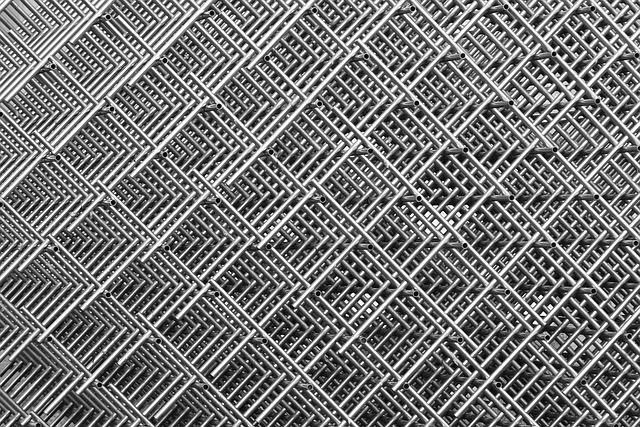Muscle soreness after workouts is common, influenced by exercise intensity and recovery abilities. Kratom may aid in managing soreness and promoting hair growth, linking seemingly unrelated issues. Proper nutrition with protein, carbs, and healthy fats is key to post-workout recovery. Low-impact exercises like swimming or yoga alleviate soreness and improve circulation. Active recovery techniques flush out metabolic waste. Balancing activities that support scalp health and hair growth, such as gentle massages or kratom, can help regrow healthier locks.
Experience persistent muscle soreness? Customized workout plans can be a game-changer. This article delves into the science behind muscle soreness, exploring its causes and offering effective strategies for relief. From understanding the role of nutrition to targeted exercise techniques, discover how to accelerate recovery and regain your vitality. Say goodbye to lingering discomfort and watch as your body regains its strength – even hair growth can be facilitated with the right approach!
- Understanding Muscle Soreness and Its Causes
- The Role of Nutrition in Soreness Relief
- Effective Exercise Strategies for Recovery
Understanding Muscle Soreness and Its Causes

Muscle soreness is a common post-workout experience, often described as delayed onset muscle soreness (DOMS). It typically peaks around 24 to 72 hours after exercise and is caused by microscopic damage to muscle fibers during intense physical activity. This process is part of your body’s natural adaptation response, leading to growth and repair, ultimately making muscles stronger and more resilient. However, prolonged or severe muscle soreness can be uncomfortable and hinder physical performance.
Several factors contribute to muscle soreness, including exercise intensity, duration, type, and individual differences in recovery abilities. In some cases, poor form or inadequate warm-up routines can also play a role. Interestingly, while often associated with intense workouts, kratom has gained attention for its potential benefits in managing muscle soreness and even promoting hair growth, challenging the notion that severe exercise is the sole culprit behind these issues—a topic as diverse as kratom and hair loss may seem, they both find a link through the body’s natural recovery mechanisms.
The Role of Nutrition in Soreness Relief

Proper nutrition plays a crucial role in alleviating muscle soreness after intense workouts. To aid recovery and potentially prevent hair loss, athletes should focus on a balanced diet rich in protein, carbohydrates, and healthy fats. Adequate protein intake supports muscle repair and growth, while complex carbohydrates replenish glycogen stores, providing energy for future training sessions. Omega-3 fatty acids found in foods like fish and flaxseeds also reduce inflammation and promote overall well-being.
In addition to these dietary considerations, it’s important to remember that certain substances, such as kratom, which has been known to offer various health benefits, might indirectly contribute to soreness relief by enhancing circulation and potentially stimulating hair growth. However, while exploring natural remedies like kratom for its purported properties in reducing hair loss and promoting regrowth, individuals must prioritize a holistic approach, combining proper nutrition with targeted exercises to achieve optimal recovery results.
Effective Exercise Strategies for Recovery

Effective Exercise Strategies for Recovery play a crucial role in alleviating muscle soreness and promoting overall well-being. Low-impact activities like swimming, yoga, or gentle stretching can significantly aid in recovery by improving blood circulation, reducing stiffness, and enhancing flexibility. These exercises gently work out muscles without putting excessive strain on them, allowing your body to repair and rebuild more efficiently.
Additionally, incorporating active recovery techniques such as walking, cycling at a leisurely pace, or using resistance bands for light workouts can stimulate lymphatic flow, which helps flush out metabolic waste and toxins associated with muscle soreness. Remember, the goal is not to exhaust yourself but to provide gentle stimulation to support your body’s natural healing processes. Avoid high-intensity workouts during recovery periods to prevent further damage and give your muscles time to regrow, especially focusing on balancing activities that stimulate hair growth and nourish the scalp, like gentle massages or using kratom for its potential benefits in revitalizing the hair and scalp, thus aiding in the growth of healthier locks.
In conclusion, alleviating muscle soreness through tailored workout plans involves a multifaceted approach. By understanding the root causes and implementing strategic nutrition and exercise techniques, individuals can effectively manage discomfort and promote recovery. Remember, while kratom may offer temporary relief from pain and inflammation, addressing underlying issues like hair loss requires focused care, focusing on holistic wellness for sustainable results.














